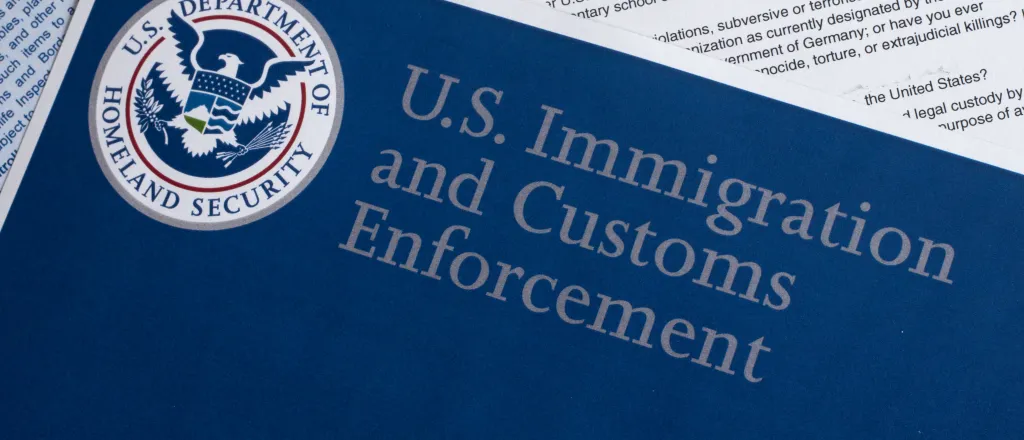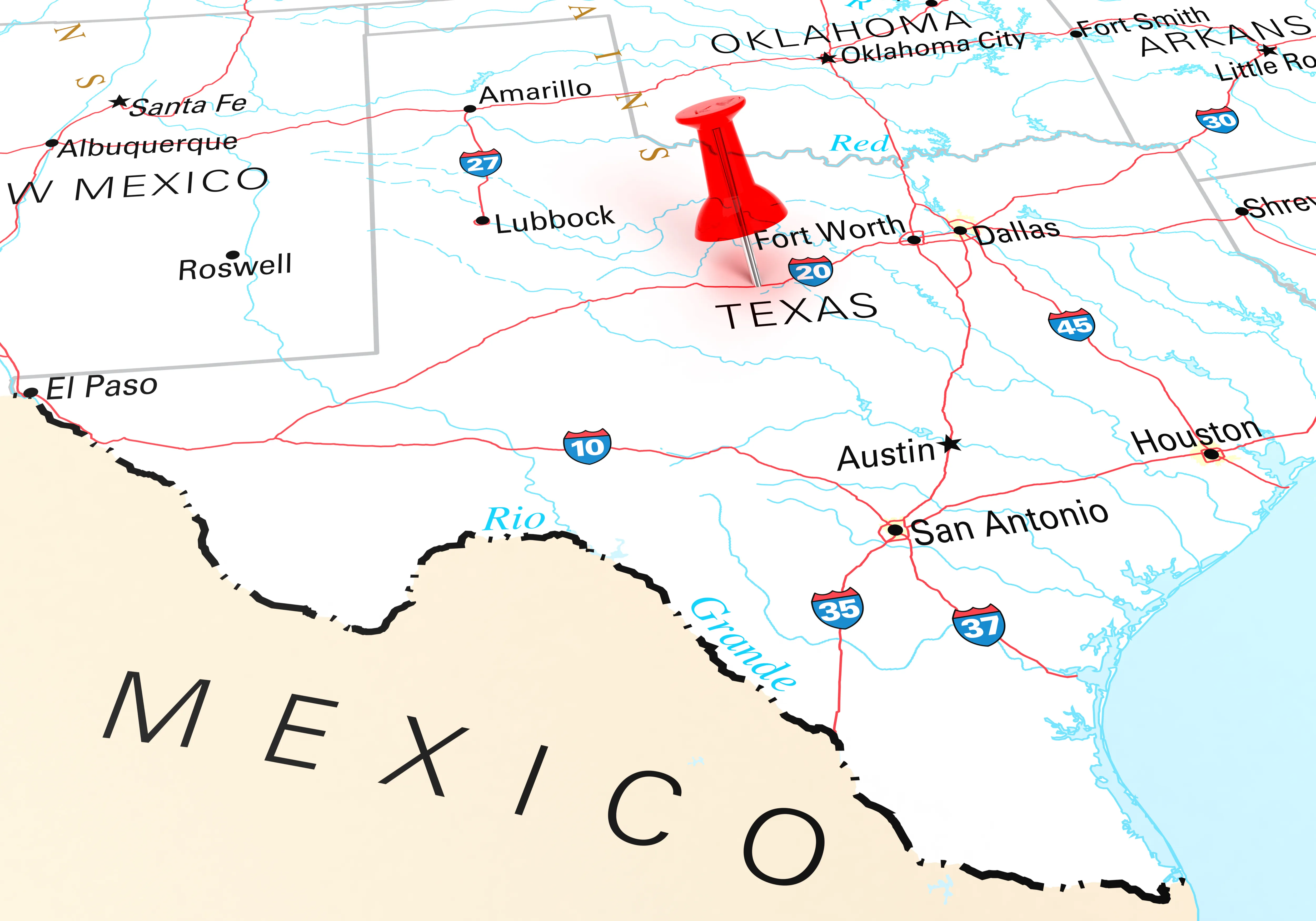
Eight Minnesota counties have signed agreements with ICE
© danielfela - iStock-507873830
The sheriff’s offices in eight Minnesota counties have agreed to assist federal Immigration and Customs Enforcement in their effort to ramp up deportations around the country, which immigrant rights advocates say creates a dangerous risk of civil rights violations, among other problems.
The counties are Cass, Crow Wing, Freeborn, Itasca, Jackson, Kandiyohi, Mille Lacs and Sherburne, according to a list of agreements posted on the ICE website.
Freeborn, Kandiyohi and Sherburne counties have longstanding agreements with immigration authorities to detain immigrants in their county jails.

The 1996 Illegal Immigration Reform and Immigrant Responsibility Act gave ICE permission to enter into contracts with local law enforcement agencies to assist with the arrest and detention of immigrants. The contracts fall into three categories: task force model, warrant service officer and jail enforcement model.
Sheriff’s offices with task force model agreements — Cass, Crow Wing, Itasca and Millie Lacs — can enforce immigration law on the streets or during routine police work, like traffic stops. The program was discontinued in 2012 after several controversies and a federal court finding that officers committed racial profiling.
The Trump administration revived the task force model shortly after the president’s inauguration to a second term.
Warrant service officer contracts — signed by the sheriff’s offices of Crow Wing, Freeborn, Jackson and Kandiyohi counties — allow local officers to perform immigration arrests within jails and correctional facilities when requested, though those officers cannot independently interrogate detainees on their immigration status.

© Akarawut Lohacharoenvanich - iStock-1436012592
The jail enforcement model contracts, like that in Sherburne County, permit local law enforcement officers to question the immigration status of people held in the county jail, and detain them for up to 48 hours.
The Minnesota Interfaith Coalition on Immigration, or ICOM, is a member of several coalitions opposing the deputization of local law enforcement agencies to carry out federal immigration enforcement.
“I want my law enforcement to have healthy relationships with everybody in the community, regardless of immigration status,” ICOM advocacy director Greg King said. Immigrants are less likely to report crimes or ask for help when local law enforcement officers arrest immigrants. Using local police for immigration enforcement also directs resources away from more serious crime and creates an avenue for racial profiling, King said.
ICOM and allied organizations have backed state legislation that would bar Minnesota law enforcement agencies from entering into agreements with ICE, but that bill never passed. King said he expects it to be re-introduced in 2026; Republican House Speaker Lisa Demuth, who is also a candidate for governor, will surely block it.
Other states have passed the opposite legislation — requiring local agencies to support ICE.
The One Big Beautiful Bill Act more than tripled ICE’s budget, surpassing that of the federal prison system. The Trump administration says it has deported more than half a million people since taking office.
















